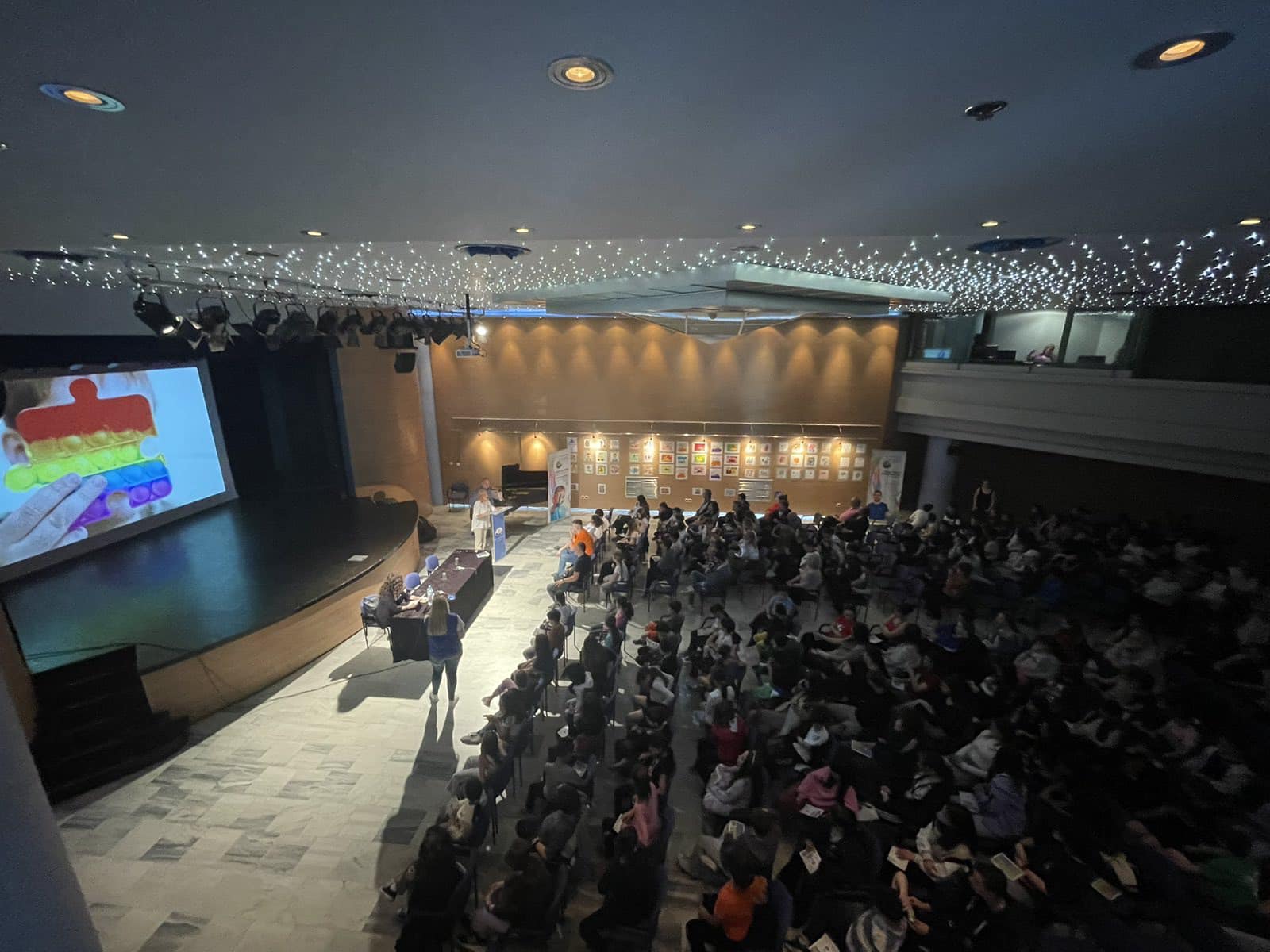Hackathon for Gender Equality - Guidance for professionals on tackling gender-based violence
Eurochild member FEDAIA shares their work advocacting for children’s right to participate in decision-making in the autonomous community of Catalonia in Spain.
Participatory processes must be a key tool for focusing policies aimed at children, adolescents, and young people. FEDAIA (Federació d’entitats d’atenció a la Infància i adolescència - Federation of Child and Adolescent Care Entities) intends to make this approach one of its symbols of identity among the associated entities of the Federation, and the communities they serve. Through one such participatory process, FEDAIA identified gender equality and gender-based violence as one of the main concerns of young people.
Through its “Hackathon for Gender Equality”, FEDAIA co-created a guidance document with children and young people for professionals working with at-risk adolescents. Educators were trained as “Equality agents”. As agents of change, these educators then delivered workshops within their services to implement this learning.
Around 20 workshops were developed with the participation of 120 young people in different services such as residential homes, open centres and residential care centres. Many of these young people have themselves been engaged in gender-based violence, both as victims or minor offenders.
In these equality workshops, young men and women were appointed as “Equality ambassadors” who would decide which actions to take to debate, create and conclude the activity. The culmination was a meeting among the ambassadors from different entities where they showcased their learnings through various self-created materials, including videos, songs, podcasts, and posters.
These workshops also conducted surveys on various aspects of everyday life to capture their perspective on gender equality and gender-based violence. The sample was drawn from young people between 12 and 17 years old, with 60% female and 40% male respondents. The results show that most people believe there is a high likelihood of sexual violence in leisure activities, that caregiving tasks are often feminised, and that gender-based violence is prevalent in relationships, including digital relationships.
It is crucial to advocate for the children’s right to participation, especially those who are at risk. FEDAIA works to hear the voices of young people, to understand how they feel, and to reaffirm our commitment with participatory processes. These are of paramount importance as they foster inclusivity, empower individuals, and promote democratic decision-making. By involving stakeholders in decision-making, these processes ensure diverse perspectives are considered, leading to more well-rounded and sustainable outcomes. Ultimately, participatory processes can create a sense of ownership and responsibility among children, adolescents and young people regarding the social issues that involve them.
Interested in learning more?
- Download the workshop template for educators (Editable PDF in Catalan)
- Visit FEDAIA’s website
- FEDAIA’s President, Elisenda Xifre Camps, was recently interviewed on the situation of child poverty and the lack of priority for children in Spain. Read the full interview here (in Catalan).



